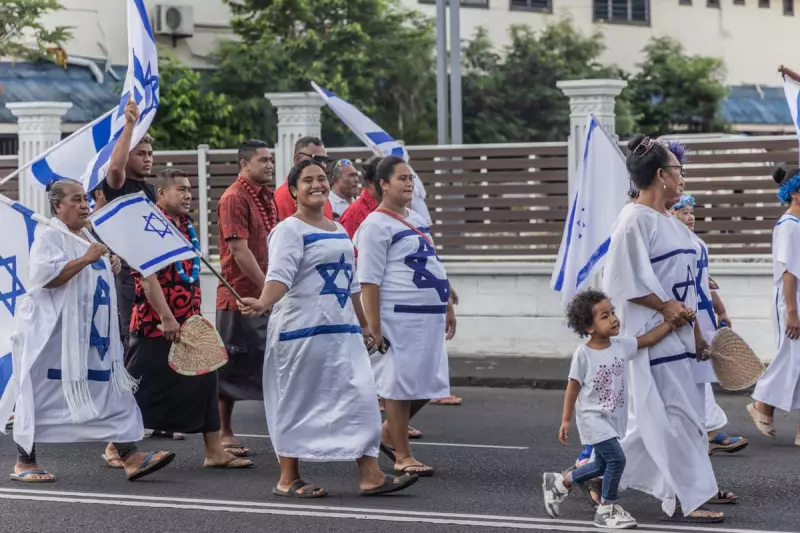
While much of the international community hardens its stance against Israel's military campaign in Gaza, a surprising bloc of support has emerged from an unlikely quarter: the distant islands of the Pacific.
Nations including Palau, Nauru, and the Federated States of Micronesia are steadfastly refusing to join the widespread condemnation, instead offering diplomatic backing to Israel. This positioning places them at odds with many of their regional neighbours and powerful global actors.
A Calculated Alliance or Shared Principles?
The support appears to be rooted in a combination of shared democratic values, historical ties, and significant development aid. For these smaller nations, relationships with both Israel and its key ally, the United States, are of paramount strategic importance.
This alignment was starkly visible at the United Nations, where these Pacific states have consistently opposed or abstained from votes criticising Israel's conduct in the ongoing conflict.
Navigating a Diplomatic Tightrope
The stance is not without its domestic and regional critics. Some islanders and political figures question the morality of supporting a military operation that has resulted in a significant number of Palestinian casualties.
However, leaders of these nations defend their position, framing it as one of principle and a commitment to Israel's right to self-defence. They argue that the complexities of the conflict are often oversimplified in international forums.
Broader Implications for Global Politics
This Pacific support provides Israel with valuable diplomatic cover at a time of increasing isolation. It highlights how global geopolitics are fracturing, with traditional alliances being tested and new, unexpected partnerships forming.
The situation underscores a new reality: in today's fragmented world order, even the smallest nations can play an outsized role on the most contentious global stages.





